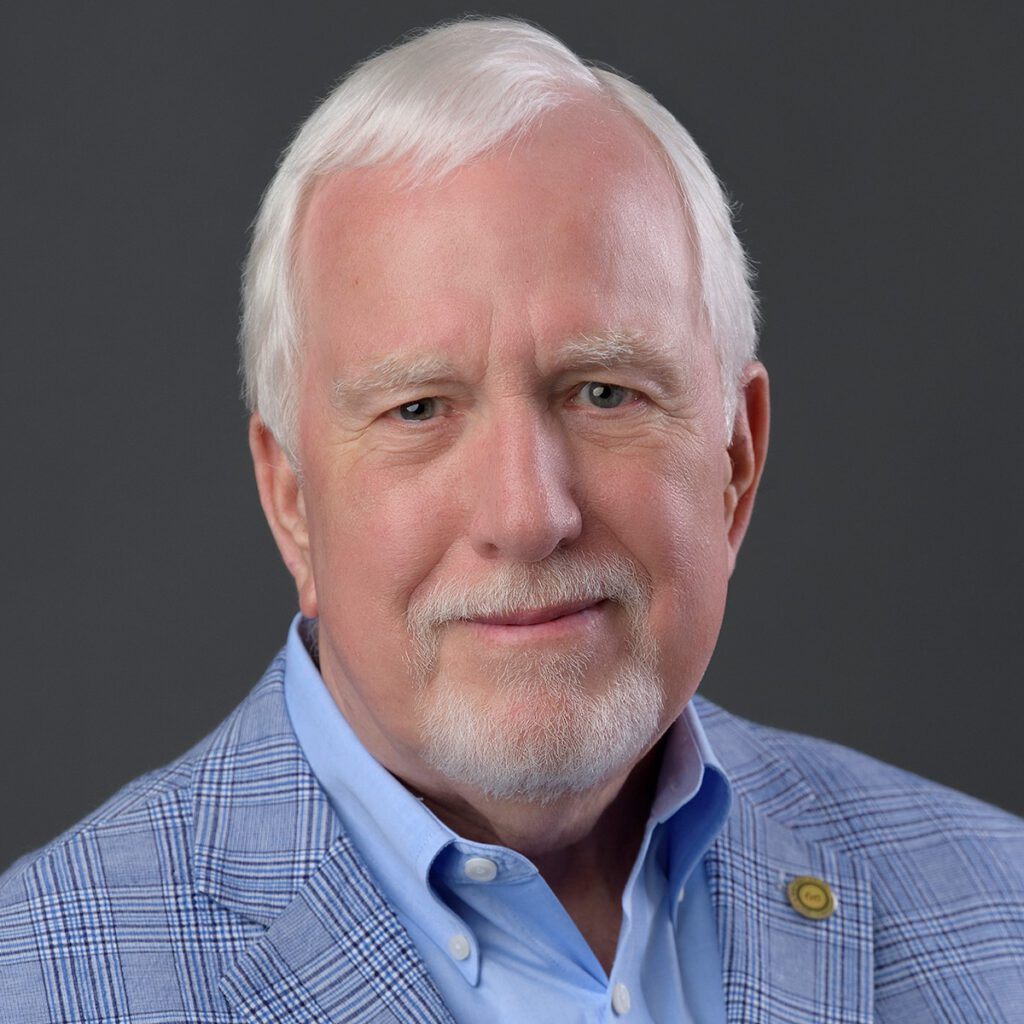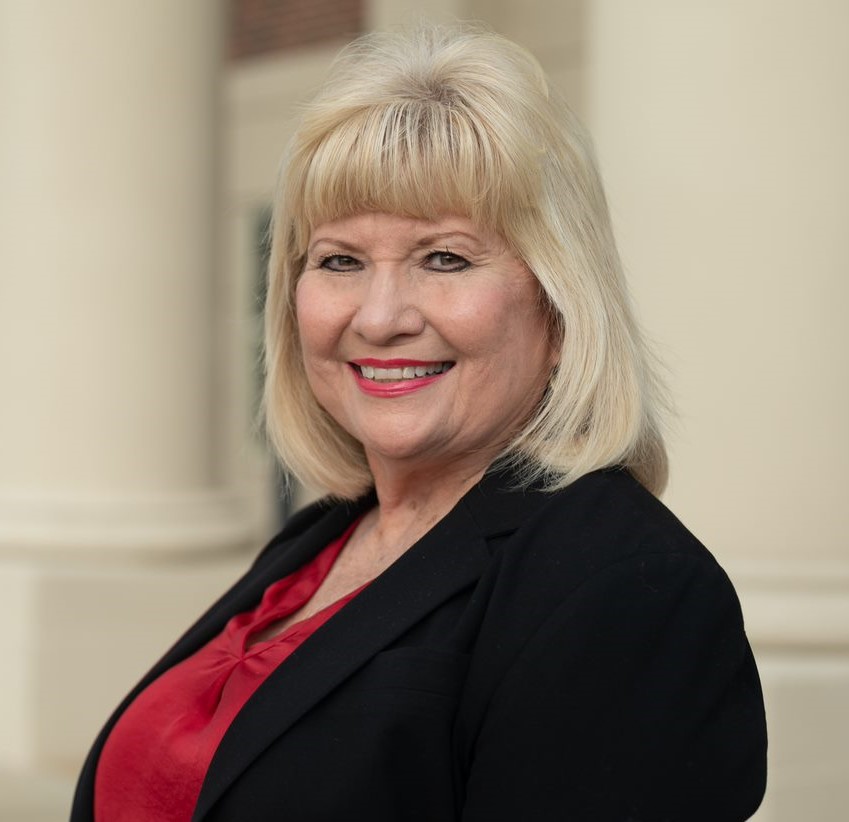Workshop Overview:
Legacy budget development and cost management methods are no longer adequate for the ever-increasing demands on the maintenance organization to do more and more with fewer resources and money. This session introduces activity-based budgeting and best practices cost management methodology that ensures a budget predicated on actual need and a practical means to manage that budget for optimal benefit in terms of available capacity, reduced cost and maximum useful life of capital assets.
Learn more about how the Maintenance Management Certificate Program provides a comprehensive management development program for existing and aspiring maintenance management professionals.
Available Dates:
March 11-12, 2026 — Activity Based Budgeting and Cost Management
Pricing:
- Early Bird – $1,062 (Expires exactly one month prior to program date)
- Standard – $1,250
- UA Employee – $1,062 (Call 205-348-3000)
- For additional pricing and discounts, visit the registration page.
Who Should Attend?
The program is aimed at current and aspiring maintenance managers, engineers, supervisors and planners, but is applicable to all who have a direct interest in or are affected by maintenance performance and its impact on the enterprise. While the program is maintenance-centric, the methods, standard processes and logic are applicable for all organizational functions. This comprehensive program is applicable to all industries and facilities, as well as for single-plant or global enterprises.
You Will Learn To:
- Understand the limitations of legacy budget development and cost control methodologies
- Develop an activity-based budget that is predicated on the specific maintenance requirement of installed assets
- Create a proactive budget management process with decision-points before it is spent, not after
- Prioritize maintenance activities and expenditures to assure critical assets receive adequate sustaining maintenance
Unique Workshop Offerings:
This certificate program was developed to provide a practical, best practices approach to maintenance and maintenance management. It is based on current international best practices and the combined experience of its instructors and other subject matter experts. In addition to international standards, reference materials include:
- Covey, “The Speed of Trust,” 2006, Free Press
- Gotoh, “Equipment Planning for TPM, 1991,” Productivity Press
- Mobley, “Total Plant Performance Management,” 1998, Gulf Publishing
- Mobley, “Maintenance Engineering Handbook,” 8th Ed., 2014, McGraw-Hill
- Mobley, “Computer-Managed Maintenance Systems,” 2nd Ed., Gulf Publishing
- Mobley, “Plant Engineer’s Handbook, 2001,” Butterworth-Heinemann
- Mobley, “Rules of Thumb for Maintenance and Reliability Engineers,” 2008, Elsevier
- Mobley, “Maintenance Fundamentals,” 2nd Ed., 2004, Elsevier
- Mobley, “Introduction to Predictive Maintenance,” 2nd Ed., 2002, Elsevier
- Mobley, “Industrial Machinery Repair,” 2003, Elsevier
- Nakajima, “Introduction to TPM, 1988,” Productivity Press
- Peters, “A Passion for Excellence, 1985,” Random House
- Womack, “The Machine That Changed the World, 1991,” Rawson Associates
Workshop Lead:

R. Keith Mobley, MBB, CMRP
Retired in 2013 after nearly six decades as a practitioner, he is an advocate of reliability, reliability engineering and management for the future. Keith has earned an international reputation as a leader in corporate transformations, value-stream optimization and life cycle asset management. He has served on advisory boards for ANSI, ISO, TAPPI and other professional and industry organizations. Awarded the Fredrick Smarro Award by ASME for outstanding contribution in the field of plant engineering and maintenance, he served as the division chairman for ASME, Plant Engineering and Maintenance Division, for eight years. His corporate career began as maintenance engineer for an international plastics company and culminated as EVP and COO of an international chemical company.
For the last eighteen years, he provides executive and corporate consulting to clients worldwide and continues in retirement on the advisory boards of select international clients. Over his career, he has written 22+ textbooks, thousands of articles and white papers espousing best practices. In conjunction with Andrew Norman, he created The University of Alabama’s Maintenance Managers Certificate program that dispels the myths of legacy management methods that have limited maintenance performance for decades and provides a forward-looking guide to transform maintenance into an essential part of the corporate management team.
Program Manager:
Mary Patterson
CPA, SHRM-CPPhone Number: 205-348-7049
Email: professionaldevelopment@ua.edu
Mary Patterson works in the Office of Teaching Innovation and Digital Education at The University of Alabama as Program Manager, where she assists the OTIDE team in designing and implementing professional development and training programs, industrial training programs, and executive education programs. She is a certified public accountant, as well as a certified professional in the Society for Human Resources Management. She works closely with HR departments to design custom training to enhance work objectives, increase productivity and build a positive culture.

